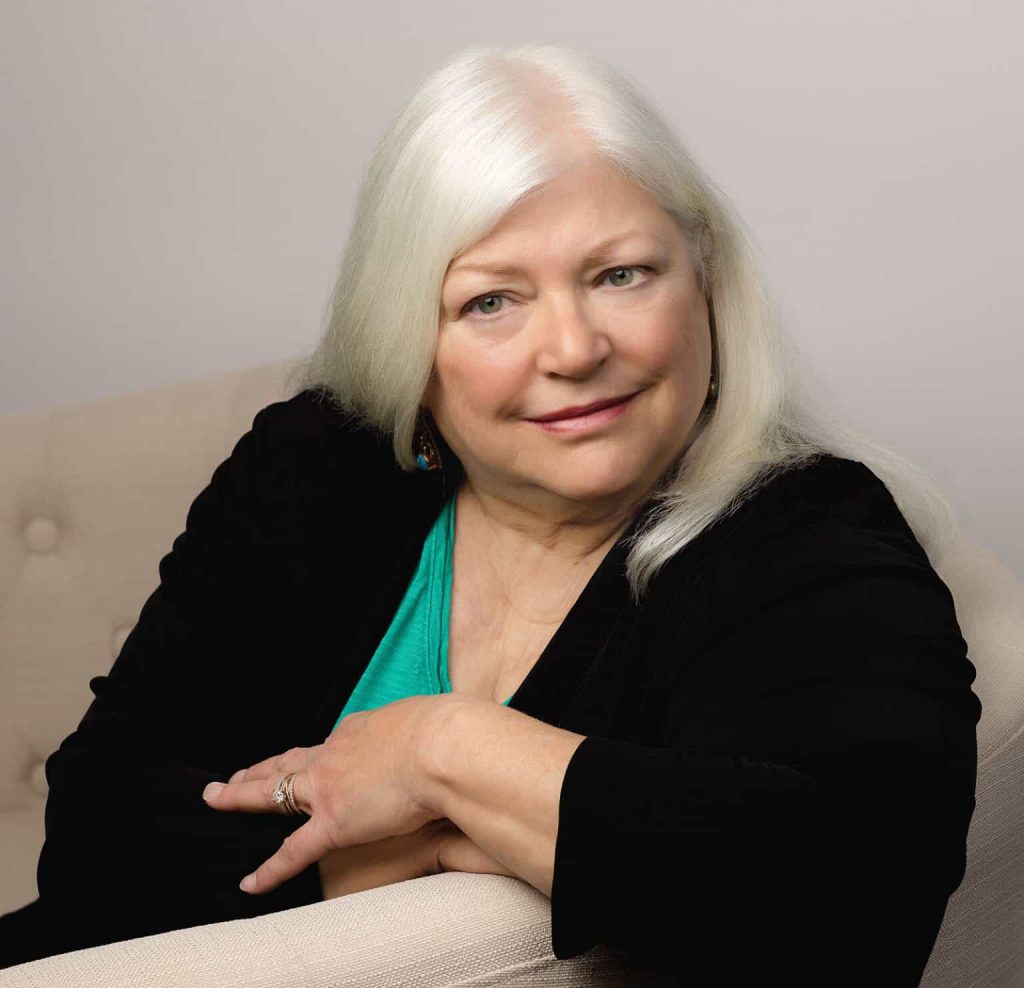Our Mission
To mobilize awareness of the replacement child condition so that in-depth information, advice, research and resources on the implications and long-term influences are available for adult replacement children, therapists, public and private institutions and public health policy considerations.
Our Objectives
The Forum will:
- Inform media, professional organizations and the public
- Assist both adult replacement children and therapists to help recognize symptoms of the replacement child condition
- Provide information, training and supervision for therapists and health professionals
- Promote dialogue between experts, health practitioners and adult replacement children
- Provide a mutual support network for adult replacement children
- Optimize recognition of the growth potential for adult replacement children
Meet the founding members of the Replacement Child Forum.

Kristina E. Schellinski, M.A., Director of Programs and Training for the Forum, is the author of Individuation for Adult Replacement Children, Ways of Coming into Being (Routledge, 2019). She is Supervisor/Teaching Analyst in private practice, Geneva, and with the C. G. Jung Institute, Küsnacht. kristina-schellinski.com.
My mother was three months pregnant with me when my baby brother Wolfgang died of acute appendicitis. I was born six months later; I lay in the same pram and probably wore the same baby clothes. My mother wore black for the next five years and we lived in a house across from the cemetery where my brother was laid to rest.
My mother never recovered from this loss. She was frozen in grief and my father as well as my older brother and sister were also deeply affected. My existence was meant to give solace and help get over the terrible loss of my 2-year-old brother. His portrait, frozen in time, is etched in my memory. His loss has impacted on my development and my relationships.
“Far from the eye but close to the heart” – these words were chiselled in the stone above his tomb, I may have been close to my mother’s eye but I grew up feeling far from her heart.
It was a long path from that grief-stricken childhood to my becoming a Jungian Psychoanalyst. My training and my clinical work with many adult replacement children made me ever more conscious of the replacement child syndrome being an existential condition.
You will find my clinical experience as well as my own story in my book: Individuation for Adult Replacement Children. Ways of Coming into Being (Routledge 2019)

Rita J. Battat, Communications Director for the Forum, is the co-author of the Independent Publishers Award winning book, “Replacement Children: The Unconscious Script” which delves into The similarities of thoughts, feelings and challenges for individuals whose family is suffering after the loss of a child or pregnancy, is living with a sibling facing difficult challenges, loss of a twin or is adopted.
Rita holds a BA in Psychology from Texas Wesleyan University and is a life coach and talent manager. As an adult replacement child herself, the inspiration for this book was born of personal experience.

Judy L. Mandel, Managing Editor for the Forum, is the author of the New York Times Best Seller, Replacement Child ~ a memoir. Her new book is WHITE FLAG.
Her essays, articles and short stories have appeared in Kveller.com, 34th Parallel, The Tishman Review, Connecticut LIFE, ASJA Monthly, Complete Wellbeing Magazine, Connecticut Authors and Publishers Magazine, The Southampton Review, American Writers Review and other publications.
When I started writing Replacement Child ~ a memoir, I had no idea of the term or the psychological condition of being a replacement child. I thought I was writing the story of my family. How my mother saved three people on the day an airplane crashed into her kitchen. How my parents dealt with the grief of losing their first born, seven-year-old Donna, that day. And how my courageous sister Linda overcame her injuries and disfigurement from the resulting fire. She was only two when those flames engulfed her and my mother rolled her downstairs to the only exit in their apartment. The realization that I had been conceived as a prescription to heal my mother’s depression, with the responsibility that entailed, came as I found my own role in that bigger family saga. As I did more research for my book and came upon the work of Albert Cain, I began to understand the broader impact of being a replacement child. judymandel.com